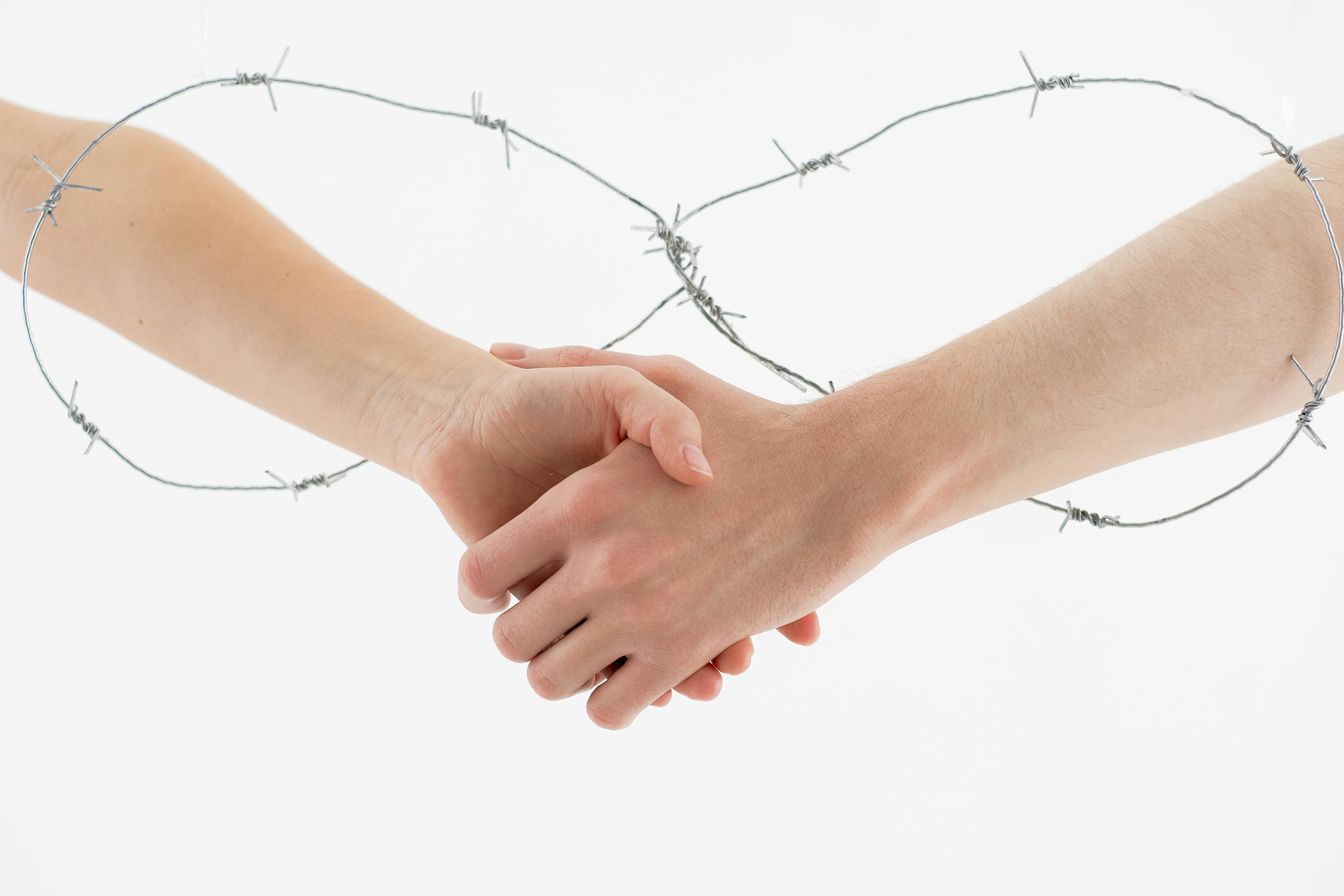



Reflective Journalling
Here's what Megan has to say about Reflective Journalling....
Whenever I get the chance, I will always recommend daily journalling to people. Whether it's five words, five lines, or five pages, there is a plethora of benefits to journalling. There are so many types of journals you can buy to help you get started because if you've never done it before, a blank notebook can be very daunting.
Leuchtturm1917, a popular stationery company, has a "Some Lines a Day" journal that can store five years' worth of writing.
PicadillyInc.com has several types of guided journals, my favourite being "The Story of My Life", which is sectioned out by 'Childhood', 'Young Adulthood', 'Adulthood' & 'Retrospective' and has prompts like "What memory comes to mind when you hear the word 'accept'?", "Describe your favourite local hangout" and "What's the story behind an object from your childhood that you still own, and why have you kept it".
You can also find prompts like these online from sites like Pinterest and Tumblr.
I'd like to think the reason I have such a clear memory of my teenage years is because I journalled a page a day, almost every day, for five years. For those who may find longhand tedious, there are also apps available that can make journalling even easier, sending you an alert at a custom time every day to remind you to write.
What do I write?
When it comes to reflective journalling, you're not just writing down the happenings of an event but you're also incorporating a critical thinking process, by dissecting the day for ways that interactions could have gone differently, for better or for worse, identifying moments to learn from and improve on, being aware of mistakes made, and celebrating successes.
Kristen Webb Wright, marketing manager at "Day One", a journalling smartphone app, explains that a reflective journal can serve as a tool for self-exploration, helping you to uncover insights into your own motivations, values, and beliefs that may not be immediately obvious to you.
The disadvantages to reflective journaling specifically are, in my opinion, slim. For those who are not familiar with the process, it is important to set clear guidelines about what should be included in the journals and what can be learned from writing them. These guidelines can be set by the learner themselves, or by a trainer if the reflection is about a training that they attended. Additionally, when someone starts reflective journalling it may be hard to remember specific events that happened throughout the day because we are not naturally accustomed to remembering them. Thankfully, the more you journal, the easier this becomes.
How do I start?
But what even IS the process of writing a reflective journal entry? The steps can look different for different people and you will find your preferred method with time and practice.
The best place to start is the DIEP Framework (Boud, Keogh & Walker, 1985).
First, Describe your day, an interaction, an argument, a conversation... anything! What happened and how did you react?
Second, Interpret the situation. What did the experience mean to you and why?
Third, Evaluate what you learned from the situation and why it can be valuable to you.
Finally, Plan how you can apply your learning in future situations, ways you can improve upon, change bad habits where necessary, but also notice good habits that you can continue to do mindfully.
Self-awareness...
Committing time, even just a few minutes, to reflective journaling provides innumerable benefits to your life, work, relationships, and more. Acknowledging your faults (and learning how to improve) and triumphing in your successes will help you build confidence in your everyday life.
Photo by Judit Peter: https://www.pexels.com/photo/person-writing-on-a-notebook-beside-macbook-1766604/

.jpg)

